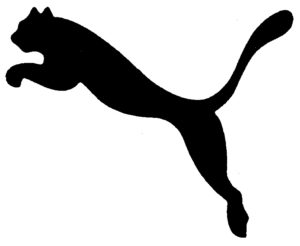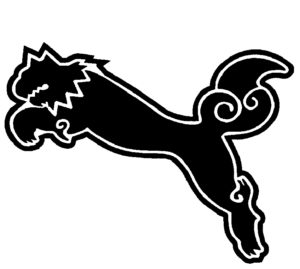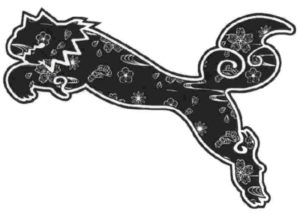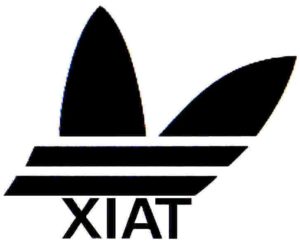In a recent decision, the Japan Patent Office (JPO) has dismissed the opposition filed by Distilled Spirits Council of the United States (DISCUS), a US non-profit organization which represents the interests of producers and traders of spirit drinks, including Bourbon whiskey, against trademark registration no. 5927252 for the word mark “ROYCE’ BOURBON” for bourbon whiskey in class 33.
[Opposition case no. 2017-900181, Gazette issued on March 29, 2019]
ROYCE’ BOURBON
Opposed mark (see below) is a combination of “ROYCE” with apostrophe and “BOURBON” written in a plain roman type.

ROYCE’ BOURBON was filed in January 25, 2016 by a Japanese confectionery company, ROYCE’ Confect Co., Ltd., headquartered in Hokkaido, for bourbon whiskey in class 33.
JPO, going through substantive examination, admitted registration and published for opposition on April 4, 2017.
TRADEMARK OPPOSITION
On June 2, 2019, before the lapse of a two-months opposition period, DISCUS filed an opposition, arguing that the word ‘BOURBON’ in the mark applied for would allow consumers to establish a link between the geographical indication Bourbon and “bourbon whiskey”. Therefore, the use and registration of the mark by unrelated entity to Bourbon County, Kentucky (USA) would dilute and exploit the reputation of the geographical indication [Bourbon]. Opposed mark shall be prohibited from registration based on Article 4(1)(vii) of the Trademark Law as well as Article 4(1)(xvi) since the mark is likely to offend public order and cause misconception in quality.
BOARD DECISION
The Board admitted Bourbon is an indication of origin/geographical indication from the United States to represent an American Whiskey produced mainly in the southern part of Kentucky State. However, the Board considered opposed mark shall neither offend public order nor cause misconception in quality, stating that:
To the extent opposed mark just covers “bourbon whiskey”, appropriate use of the mark would not disorder fair deal and international trade practice. If so, the Board finds no clue to conclude the applicant adopted the mark with intentions to free ride the reputation of the geographical indication [Bourbon].
Likewise, as long as the Bourbon denomination may be used only for products manufactured in Kentucky by regulations, the designated goods “bourbon whisky” is unquestionably from the US. If so, opposed mark ROYCE’ BOURBON would not cause qualitative misconception in the minds of relevant consumers in relation to “bourbon whiskey” at all.
Based on the foregoing, the Board decided opposed mark shall not be objectionable under Article 4(1)(vii) and (xvi), and granted registration a status quo.






